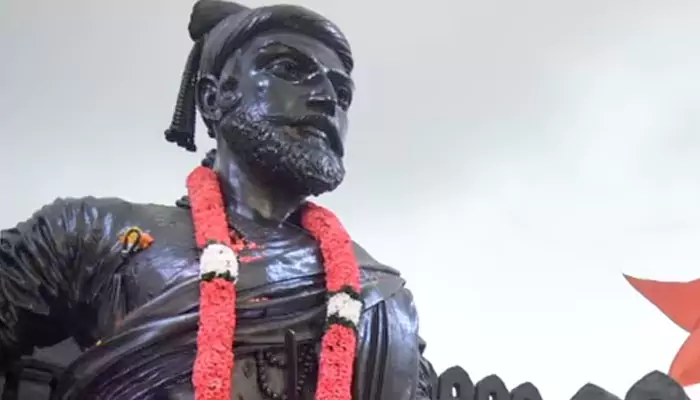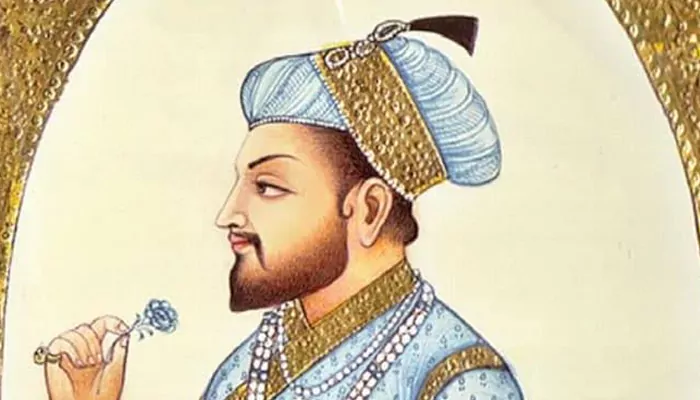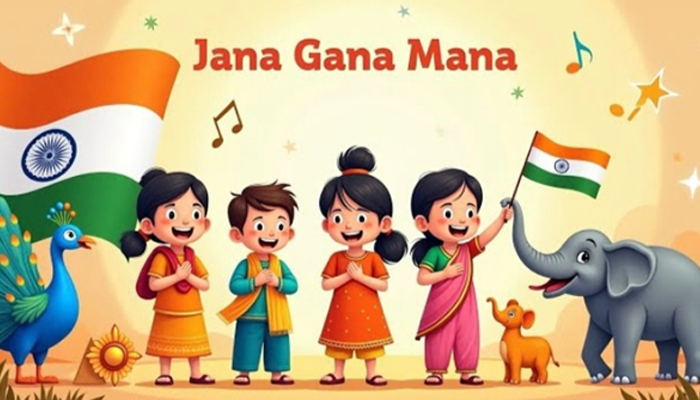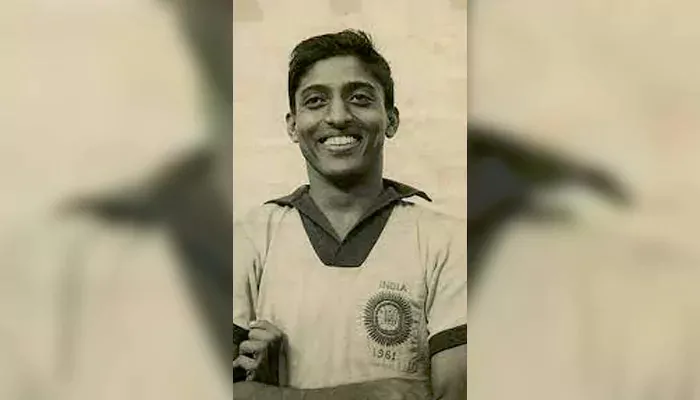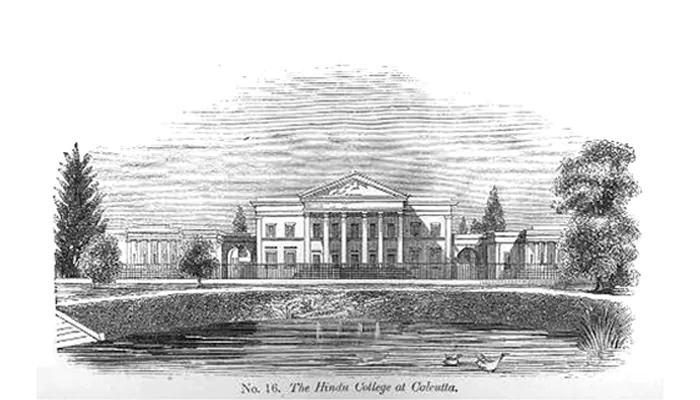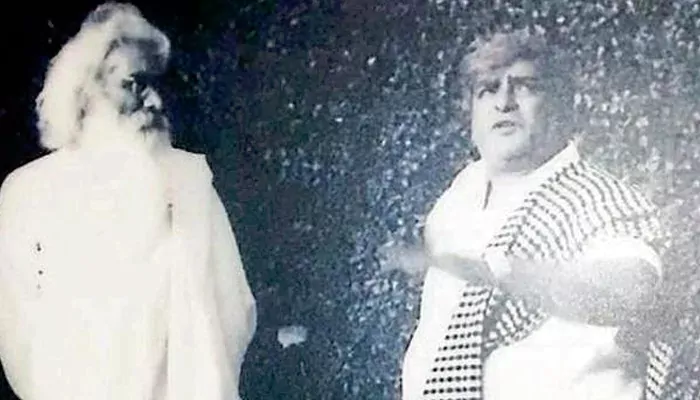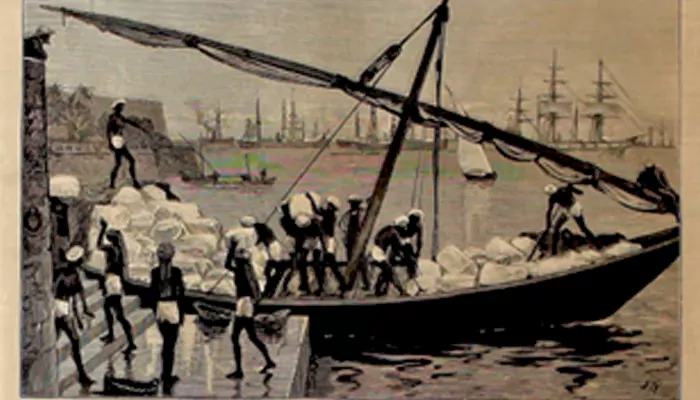Dhyan Chand’s 1936 Berlin Hat-Trick: When Even Hitler Took Notice
- Sanchari Das
- 5 months ago
- 4 minutes read
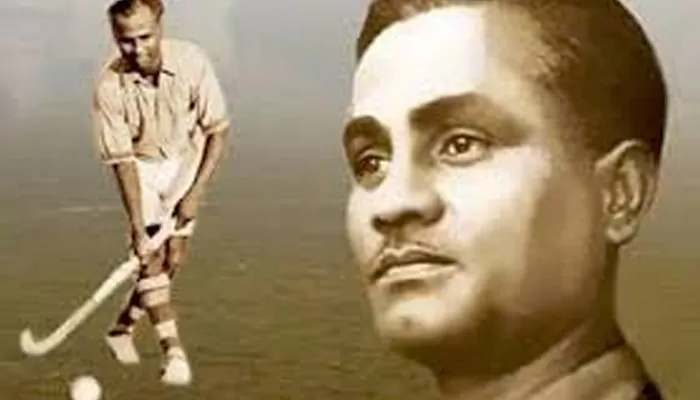
In Berlin’s 1936 Olympics, Dhyan Chand’s hat-trick not only sealed India’s third straight gold but also turned a hockey match into a quiet act of defiance against Nazi pride
Berlin, 1936. The Olympic Games were designed to be a grand display of Nazi power. Adolf Hitler wanted the event to showcase German might and the supposed supremacy of his ideology. Yet, on the hockey field, a very different story unfolded—one that carried the grace of artistry and the quiet power of defiance. At the centre of it all was Major Dhyan Chand, the man the world would remember as the “Wizard of Hockey.”

The Road to the Final
India arrived in Berlin already a dominant force in world hockey. Gold medals in Amsterdam (1928) and Los Angeles (1932) had established their supremacy. By the time of the Berlin Games, the Indian team had an unbeaten record at the Olympics, and Dhyan Chand had already established a reputation as a magician with the stick. Still, the final against the host nation, Germany, was more than just another match. It was set against the tension of Nazi propaganda and the desire to prove India’s brilliance on the world stage, even as the country remained under British rule.
A Match for the Ages
The final on August 15, 1936, became one of the most famous games in hockey history. India crushed Germany 8–1, a scoreline that stunned the packed crowd in Berlin. Dhyan Chand scored three goals, completing not just a hat-trick in the game, but also leading India to a hat-trick of Olympic gold medals. His skill was so mesmerizing that newspapers described the Indians as gliding across the turf “as if on skates.” The German defenders, despite their physicality, were left chasing shadows.
There was even drama mid-match. Dhyan Chand was struck on the face by a German stick, losing a tooth. Rather than retreat, he switched from spiked boots to rubber-soled shoes for better control on the grass and returned to score at will. His resilience turned the contest into a spectacle of both courage and artistry.

When Hitler Took Notice
Among those watching from the stands was Hitler himself. Used to seeing German athletes dominate, he was confronted instead with an Indian team dismantling his side with elegance and precision. Accounts suggest that Hitler was so intrigued by Dhyan Chand’s brilliance that he requested a meeting after the match.
The encounter between the dictator and the hockey wizard has become a legend. Hitler, reportedly impressed, is said to have offered Dhyan Chand a senior position in the German army if he agreed to stay in Germany. Dhyan Chand, however, politely declined. For him, the game was not about personal gain but about pride and honor. He returned to his regiment and his country with humility intact.
Pride Beyond the Scoreline
For Indians, the victory carried a meaning that went far beyond sport. At a time when the country was still under colonial rule, the sight of Indian players defeating the hosts of the Olympics—on their soil, and in front of Hitler—was a quiet assertion of identity. The team, playing under the British flag, still carried within them the spirit of a rising nation.
There are stories that Dhyan Chand secretly carried an Indian flag with him in Berlin, one he unfurled in private after the victory. True or not, the symbolism of that gesture echoes the pride that many Indians felt as they watched their athletes dominate the world stage.
A Lasting Legacy
Dhyan Chand went on to score over 400 goals in his career, but the 1936 Berlin Olympics remain the crowning jewel. His artistry elevated Indian hockey to global heights, laying the foundation for decades of dominance. From 1928 to 1956, India won six consecutive Olympic gold medals, with Chand’s name forever tied to the golden era.
His birthday, August 29, is now celebrated as National Sports Day in India. The country’s highest sporting honor, the Major Dhyan Chand Khel Ratna Award, bears his name, reminding generations of the values he embodied—skill, humility, and pride.


